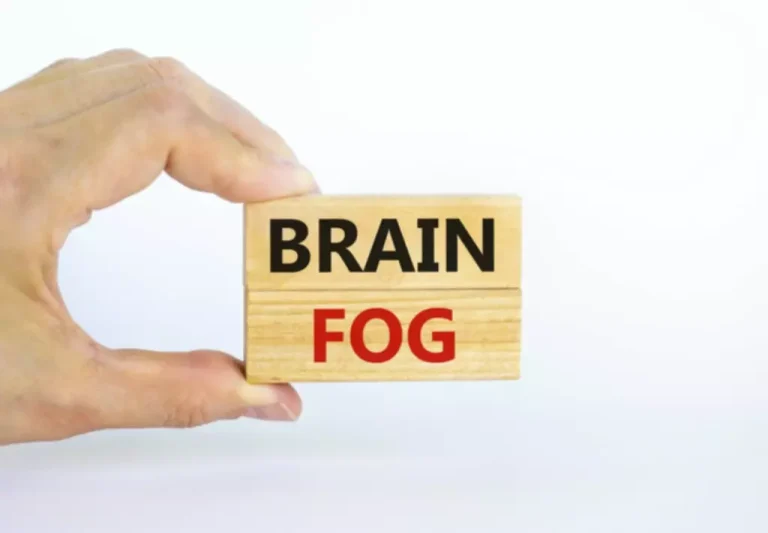Stress relievers: Tips to tame stress

The type and dosage of medication may vary from person to person. Other methods that may help include talking with a mental health professional. You may also help reduce symptoms by taking a walk in nature or doing a healthy ways to cope calming activity. These cognitive and behavioral efforts help individuals manage, tolerate, or sometimes reduce stressors. Read on to fill your toolbox with the most effective positive and healthy coping strategies.
Exercises To Reduce Stress & Burnout

There are obvious negative coping strategies such as promiscuity, substance abuse, emotional eating, escapism, and self-harm; and then there are not so obvious ones. Medical management by an accredited professional may be necessary to address physical health concerns, like with diet, exercise, or chronic illness management. It’s also worth noting that sometimes it’s not a lack of time management, but rather the person taking on more than they can reasonably handle. A problem-focused coping strategy requires you to identify what the problem is and take direct steps to curb, change, or rectify it.
immediate skills for coping with anxiety
It is important to note that emotion, problem, meaning, social, and avoidance styles of coping can each be maladaptive & ineffective or adaptive & effective, depending on the outcome. An avoidance coping style can be described as avoiding the stressor by pursuing an alternate person or task (Meyerson et al., 2022). This particular coping style employs cognitive strategies to process and make sense of the meaning of a situation (Algorani & Gupta, 2021). On the other hand, it may be beneficial to reduce the impact of stressors, which could be more beneficial in the long run for things we do not have the power to change. Meyerson et al. (2022) and Pang and Thomas (2020) refer to a fifth coping strategy known as avoidance-focused.
Teaching Coping to Children: 3 Ideas
Creating positivity in your life can help isolate you from additional stressors. It’s also important to learn to say no to overwhelming demands and experiences that don’t feel good to you. This may mean saying no to a concert, street festival, or any other loud, crowded environment. Choose Your Circle WiselyHighly sensitive people tend to pick up on the feelings of others and don’t like letting other people down.
- Her books, including « 13 Things Mentally Strong People Don’t Do, » have been translated into more than 40 languages.
- If your stress is getting out of control and you need quick relief, try one of these tips.
- Several vitamins and minerals play an important role in your body’s stress response and mood regulation.
- Fruits and vegetables are always good, and fish with high levels of omega-3 fatty acids have been shown to reduce the symptoms of stress.
- Meyerson et al. (2022) and Pang and Thomas (2020) refer to a fifth coping strategy known as avoidance-focused.
- From this research, the Adaptive Coping Wheel was developed by our very own Hugo Alberts, Ph.D., and can be found in our Positive Psychology Toolkit©.
Studies show that regular emotion-led journalling can help reduce anxiety, depression, and feelings of distress. For example, cognitive behavioral therapy (CBT) helps people learn different ways of thinking about and reacting to anxiety-causing situations. Research shows that CBT can be an effective method of treating anxiety disorders. Limited research suggests that aromatherapy can help reduce feelings of anxiety in some settings. Aromatherapy practitioners and supporters often report many anecdotal benefits of the practice.
- Like just about all things related to the psyche, coping skills sound simple — and they are.
- Instead of sitting in that anxious space, it can be a good idea to take control of the situation and start working your way toward a solution.
- Physical activity can also improve cognitive function and help individuals make better decisions, which can reduce work stress (Stults-Kolehmainen & Sinha, 2014).
- No matter what’s causing your anxiety, developing a few coping skills can make all the difference.
- All you can really do is identify the source of the emotions and try out a strategy to help you feel and overcome them.
- If a person feels sustained, intense feelings of sadness or loss of interest in activities, they may have clinical depression.
If you lack emotional support and friendship, it’s important to get it. Coping techniques that qualify as distraction require that you go from an emotionally-driven story that your mind can spin, and shift into the present. They help to control your thoughts, feelings, and actions before, during, and after challenging situations. Before you continue, we thought you might like to download our three Resilience Exercises for free. Our coping skills have evolved to help us survive in environments very different from those in which most of us now live, work, and play (Cosmides & Tooby, 2013).

Coping statements – Mental, physical, emotional

“Rather than just seeking to reduce [stress], shift your attention,” Peterson says. Meditation can be as simple as closing your eyes and creating a blank space in your mind. Or you can try guided sessions with the help of meditation apps or videos. Stress is an inevitable part of life, and it’s impossible to avoid or eliminate it. If you are searching for helpful worksheets to use with your clients, Coping Skills Worksheets for Adults and Youth will be an excellent resource. Initially, it was designed as a generic tool to measure perceived stress in a smoking cessation study.
How to Foster Healthy Coping Mechanisms

Plus, be the first to receive exclusive content & discounts. Why do some people endure and even thrive during challenging situations? This coaching masterclass looks at resilient people who bounce back from and adapt well throughout adversity. This is a great exercise to incorporate whenever negative or self-critical thoughts affect our mood.
- Not only did she survive injuries she could have died from, but she overcame the challenges to flourish in her new life.
- There are many things you can do to manage immediate and long-term anxious feelings.
- This means that you need to try different coping strategies on for size.
Prioritize Sleep
If a person feels sustained, intense feelings of sadness or loss of interest in activities, they may have clinical depression. People also refer to this condition as major depressive disorder. Small changes to your daily routine, diet, and lifestyle habits can all positively affect you. What can we do to protect ourselves against stress and enhance our prospects for successful coping?

What does healthy coping look like?
This may involve setting aside small moments where you take a break from tasks, chores, and life’s daily stressors. Or it may include removing yourself from the situation that’s causing you to feel stressed. Finding and practicing https://ecosoberhouse.com/ with stress can help you reduce its impact on your daily life and the chances it affects you in the long run. If you’re looking for more science-based ways to help others overcome adversity, this collection contains 17 validated resilience and coping exercises. Use them to help others recover from personal challenges and turn setbacks into opportunities for growth. When a person seeks emotional or instrumental support from the community, they are engaging in a social coping or support-seeking coping style (Algorani & Gupta, 2021).
